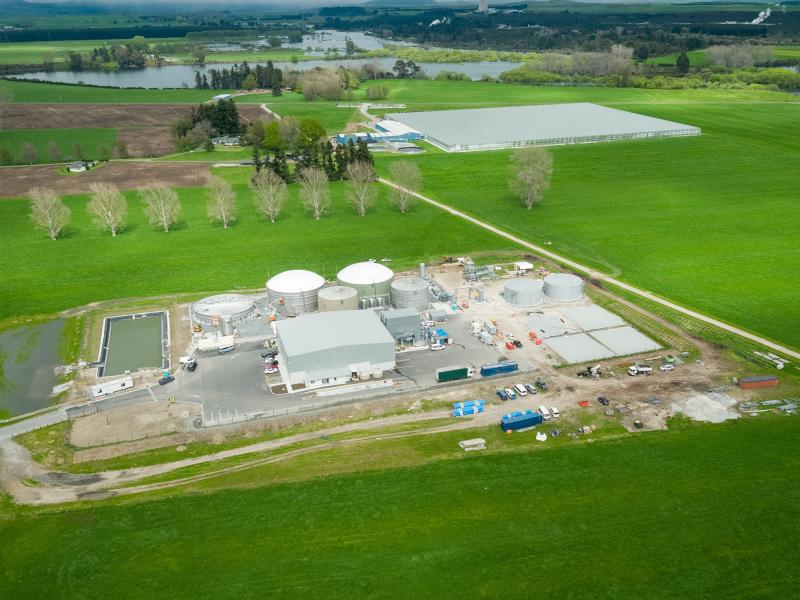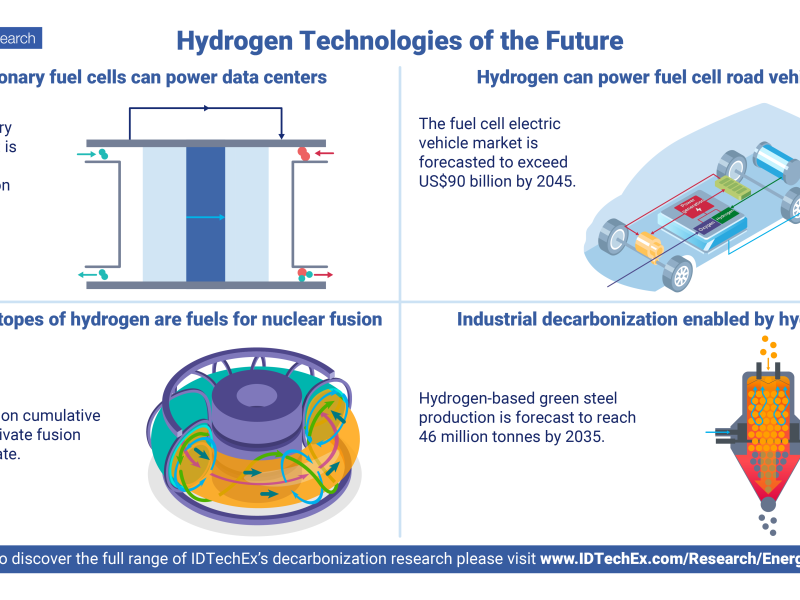CEP (Carbon and Energy professionals New Zealand) has just announced it is embarking on a journey to bring professional qualifications to the energy and carbon management sectors.
In announcing the new credentials, CEO Mike Hopkins said: “We are constantly striving to combat the skills and knowledge gaps in energy efficiency and carbon management. I’m delighted to say, we’re now able to announce the start of a new programme that will professionalise the sector, provide credentialed career pathways for people joining the industry and allow employers an easy way to distinguish skilled and qualified talent.”
With support from EECA (Energy Efficiency and Conservation Authority), CEP is soon to invite proposals from the best trainers available. “We expect most of the trainers will come from our membership, after all that’s where the current expertise lies”, said Hopkins, “but we’re prepared to spread the net wider to get the best”.
The training programmes will be matched to a career pathway and professional credentials. As soon as the training and assessment is in place, CEP will launch the formal, professional-level credentials. These will have market-wide applicability to energy, carbon and sustainability professionals. The credentialling framework includes expert-level certification by way of endorsements to the standard certification. These will cover specialist areas such as HVAC systems, industrial processes and carbon auditing. The modular structure will also allow other professions, such as facilities managers and the wider engineering community, to pick up knowledge, skills and a digital badge that will contribute to the CPD requirements of their professional bodies.
Glenn Wellington from EECA said: “While the focus has been on the technology, infrastructure and capital required to move New Zealand to a low emissions economy, there is significant demand for skilled people to identify and deliver these projects. Initiatives like this are an important part in contributing to the development of much needed professionals in the industry.”
CEP already offers certification in carbon auditing and accreditations in specialist areas of energy efficiency. The new framework will bring these together and provide a smoother entry pathway for younger professionals joining this burgeoning sector. “We see huge interest among younger workers for credentials and dedicated career pathways”, said Hopkins, “and the flexibility of what we are putting in place will also allow other professionals to pick up much needed skills and knowledge in efficiency and carbon management”.
The first wave of modules and badges is expected to be live in the first half of 2024 and the full portfolio of modules available by the end of next year.






